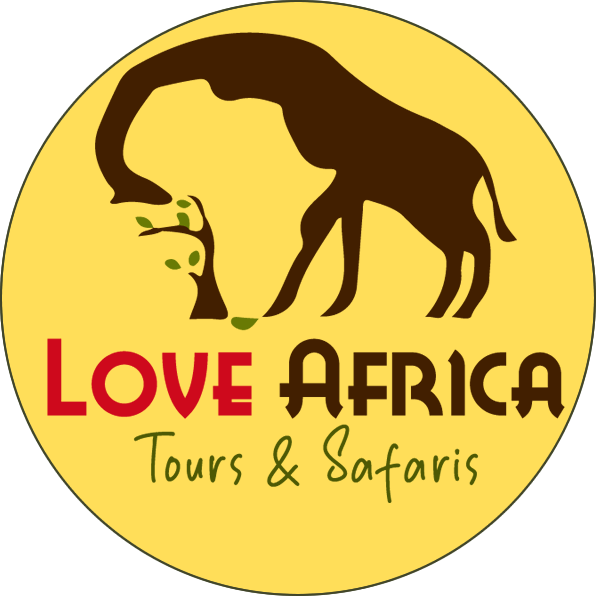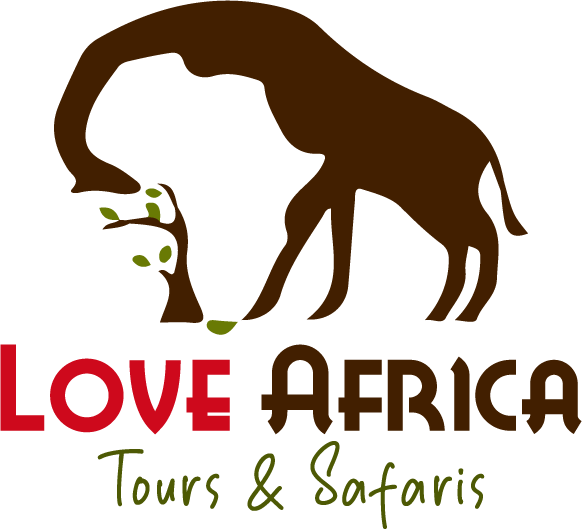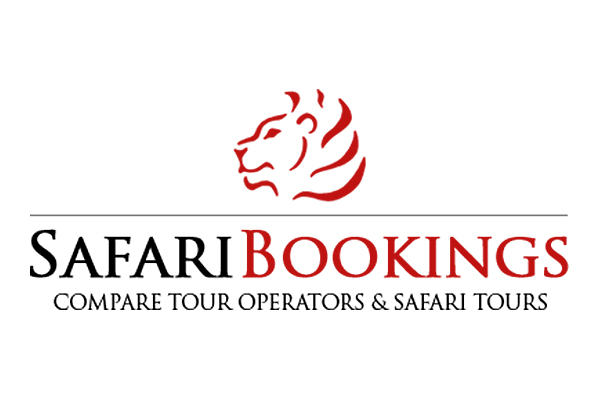6 Days Rongai Route
- Outdoor Trekking
- Mount Kilimanjaro
- Home
- Mount Kilimanjaro
- 6 Days Rongai Route
Route Overview & Introduction
The Rongai route is the only route that approaches Kilimanjaro from the north, close to the Kenyan border. Though gaining popularity amongst climbers, Rongai has low traffic. It is the preferred route for those looking for an alternative to the crowded Marangu route, for those who would like a more remote hike, and for those who are climbing during the rainy season.
The minimum number of days required for this route is six days, and seven days are recommended. Although the scenery is not as varied as the western routes, Rongai makes up for this by passing through true wilderness areas for days before joining the Marangu route at Kibo camp. This route descends down the Marangu route. Rongai is a moderately difficult route and is highly recommended, especially for those with less backpacking experience.
Day 0: Pre-trek Briefing
If you have opted for the optional airport transfers, we will pick you up from Kilimanjaro Airport or Arusha airport and transfer you to your hotel in Moshi.
Pre-trek briefing at your Moshi hotel. You should be planning to arrive at least one day before the start of the trek. Today we will spend time having a pre-trek briefing. We will also review your equipment and rent any equipment which is needed.
Day 1: Hotel to Simba Camp
Drive to the attractive wooden village of Nale Moru (about 2 hours including a stop to get permits at Marangu). After signing in and preparing the porters, you will begin the hike on a wide path that winds through fields of maize and potatoes before entering pine forest. The track then starts to climb consistently but gently through attractive forest that shelters a variety of wildlife. The forest begins to thin out and the first camp is at the edge of the moorland zone with extensive views over the Kenyan plains.
- Elevation: 2000m/6560ft to 2650m/8700ft
- Distance: 6km/4mi
- Hiking Time: 3-4 hours
- Habitat: Montane Forest
- Meals: Lunch and Dinner
Day 2: Simba Camp to Second Cave
The morning hike is a steady ascent up to the Second Cave with superb views of Kibo and the Eastern ice fields on the crater rim.
- Elevation: 2650m/8700ft to 3450m/11,300ft
- Distance: 6km/4mi
- Walking Time: 3-4 hours
- Habitat: Moorland
- Meals: Breakfast, Lunch and Dinner
Day 3: Second Cave to Third Cave
Today we continue our hike from the Second Cave to the Third Cave.
- Elevation: 3450m/11,300ft to 3880m/12,700ft
- Distance: 9km/5mi
- Walking Time: 2-3 hours
- Habitat: Semi-desert
- Meals: Breakfast, Lunch and Dinner
Day 4: Third Cave to Kibo Hut
Hike to Kibo Hut at the bottom of the Kibo crater wall. The remainder of the day is spent resting in preparation for the final ascent and a very early day!
- Elevation: 3880m/12,700ft to 4750m/15,600ft
- Distance: 5km/3mi
- Hiking Time: 3-4 hours
- Habitat: Alpine Desert
- Meals: Breakfast, Lunch and Dinner
Day 5: Kibo Hut to Summit to Horombo Hut
Very early in the morning (midnight to 2am), commence the climb to the summit on steep and heavy scree or snow up to Gilman’s Point located on the crater rim (elev 5700m/18,700ft). Continuing, we now ascend to Uhuru Peak, which is the highest point in Africa. There are unbelievable views at every turn. Have your picture taken at the summit to show your friends and family. From here we descend, stopping for lunch and a rest at Kibo before continuing on to the Horombo encampment.
The beginning of this climb is done in the dark and requires headlamps or flashlights. It will be very cold until you start descending, so you will need all of your warm layers. This is by far the most difficult part of the trek with many switchbacks. Going slowly “pole pole” and an optimistic attitude will get you there!
- Elevation: 4700m/15,500ft to 5895m/19,340ft
- Down to 3700m/12,200ft
- Distance: 6km/4mi up / 15km/9mi down
- Hiking Time: 6-8 hours up / 6-8 hours down
- Habitat: Alpine Desert
- Meals: Breakfast, Lunch and Dinner
Day 6: Horombo Hut to trail head to Moshi hotel
After breakfast, a steady descent takes us down through moorland to the Mandara Hut. Continue descending through lush forest path to the National Park gate at Marangu. At lower elevations, it can be wet and muddy. Gaiters and trekking poles will help. Shorts and t-shirts will probably be plenty to wear (keep rain gear and warmer clothing handy).
Our vehicle will meet you at Marangu gate to drive you back to your hotel in Moshi (about 1 hour).
- Elevation: 3700m/12,200ft to 1700m/5500ft
- Distance: 20km/12.5mi
- Hiking Time: 4-5 hours
- Habitat: Forest
- Meals: Breakfast
INCLUDED
- Private transport to & from Kilimanjaro International Airport to your accommodations in Moshi.
- 2 nights of accommodation in Moshi in FULL BOARD (FB).
- Transportation to & from the Kilimanjaro gate
- Park entry fees,
- Camping fees
- Crater fee (if any)
- 18% VAT on tour fees & services
- mountain tents
- Double layered Sleeping Mats 4 inches (10cm) thick
- Friendly and professional mountain guides, cook and porters
- 3 meals daily while on the mountain
- Enough treated & filtered drinking water throughout the trek
- Hot water for washing
- Fair wages for the mountain crew as approved by the Kilimanjaro National Park Authority (KINAPA), Kilimanjaro Association of Tour Operators (KIATO)
- Government taxes
- Portable oxygen tanks
- Ox meter
- Emergency first-aid kit
- Stethoscope
- Portable flush toilet with a toilet and tent
- Mountain climbing certificates
EXCLUDED
- Drinks at your hotel before and after the climb.
- Travel Insurance
- Flights
- Laundry (Available at the hotel)
- Personal items and toiletries
- Tips for guides, porters and cook
Preparing for the epic journey to the summit of Kilimanjaro requires careful consideration and strategic packing. As you gear up for this unparalleled adventure with Love Africa Tours, we’ve compiled a comprehensive Kilimanjaro packing list to ensure you’re well-equipped for the trek of a lifetime.
Gear List
- Top Base Layer
- Bottom Base Layer
- 4-5 Pairs of Underwear
- 3-4 Short Sleeve
- 1 Insulated Trekking Pants
- 1-2 Long Sleeve Hiking Shirts
- 1-2 Pairs of Hiking Trousers
- 1 Insulated Winter Jacket
- 1 Polartec Fleece Jacket
- 1 Hard Shell Jacket
Clothing
- Quick dry T-shirts
- Underwear Lightweight hiking trouser (avoid heavy cotton, they don’t dry quickly)
- Fleece (middle layer)
- Thermal underwear (under layers)
- Waterproof, breathable and windproof jacket
- Waterproof, breathable and windproof pants
- Insulated down jacket for summit night (parka)
- One pair thermal socks
- Mittens or warm gloves
- Waterproof gloves
- Good quality hiking socks and thin liner socks Waterproof hiking boots – sturdy and worn-in.
- Extra shoelaces
- Comfortable shoes for overnight camps (running shoes, sneakers, etc.)
- Sun hat to protect head, ears and neck
Other Items
- Headlamp with Extra Batteries
- Water Bottles and Camelback (3 litter carrying capacity)
- Sunglasses
- Camera with extra memory card and extra batteries
- Watch
- Playing Cards
- Hand Warmers (optional)
- Pocket Knife
- Notebook and Pen
- High energy snack (Cereal, protein bars, chocolate, trail mix, dried fruit)
Toiletry & Medicine
- Toothbrush and toothpaste
- Quick-dry washcloths and soap
- Toilet Paper Tissues
- High SPF Sun-block
- Lip Balm with SPF
- Sunglasses with UV-filter lenses
- Lotion
- Sanitary Wipes/Wet Wipes
- Blister Kit
- Tweezers
- Nail Clippers
- Deodorant
- Hair brush/Comb
- Sanitary Products
- Vaseline to prevent chafing skin and heel friction blister
- Antiseptic
- Pain Killers (Ibuprofen)
- Decongestan
- Diamox or High Altitude Medication (optional, please consult with your doctor)
- Anti-diarrhea Medicine
- Malaria pills ( if you choose to take these)
- Cold/Flu Tablets
- Any medication you normally use
- Dioralyte sachets or similar rehydration packs
- Throat Lozenge
- Eye drops (spare Contact Lenses and fluid, if worn)
- Water purification tablets / Iodine drops
- Ear Plugs
- Plastic bags (for dirty washing, wrapping, etc.)




